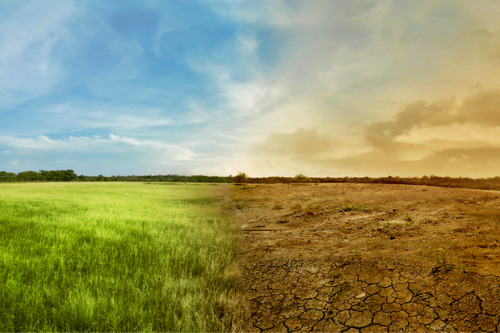

A new coalition aimed at encouraging the Canadian government to improve the country’s disaster resilience in the face of climate change has launched – and it has strong support from the insurance industry.
The new Climate Proof Canada coalition is composed of insurance industry representatives, municipalities, Indigenous organizations, environmental non-government organizations (NGOs) and research organizations. The group aims to not only call for the federal government to take action to create a culture of preparedness for future disasters, but also to help Canadians adapt to future challenges, which include the increasing risk of climate-related catastrophes.
The insurance industry representatives on the Climate Proof Canada coalition include: Aon, Aviva, Desjardins, the Insurance Brokers’ Association of Canada, the Insurance Bureau of Canada, Intact Financial Corporation, Property and Casualty Insurance Compensation Corporation, TD Insurance, and Wawanesa.
Climate Proof Canada has outlined a four-point action plan for the federal government to take to better protect Canadians from climate change-related disasters:
“Insured losses related to natural catastrophic events averaged $2 billion per year between 2009 and 2020, compared with an average of $422 million per year in the 1983 to 2008 period,” said Insurance Bureau of Canada vice president of federal affairs, Craig Stewart. “Last year alone, these losses were $2.4 billion. That's more than a four-fold increase in such losses caused by severe weather events, which are increasingly attributed to climate change.”
